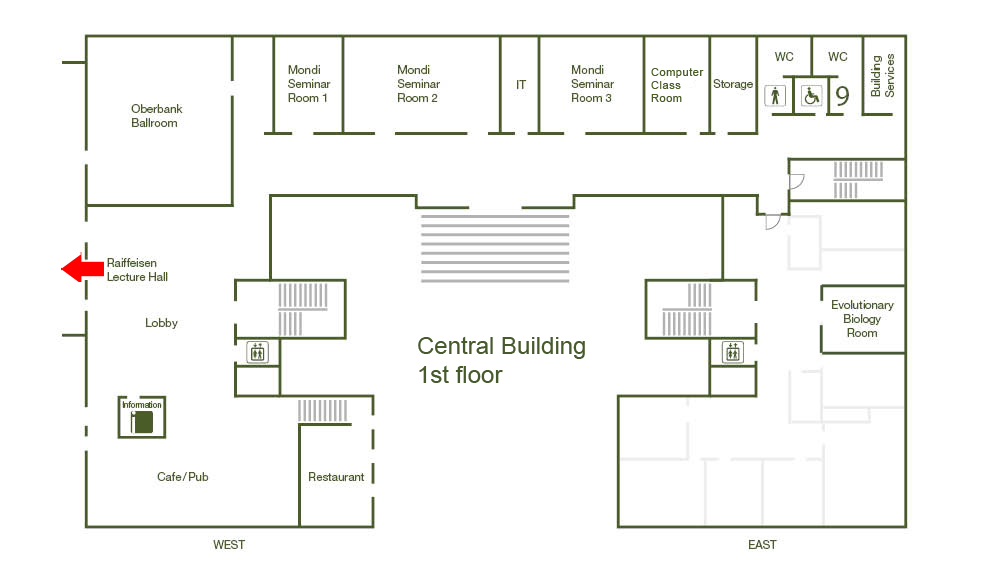Challenges in Semiconductor Quantum Computing

Quantum computing (QC) is generally defined as computation based on the principles of quantum mechanics, including superposition, entanglement, and parallelism. It is expected to efficiently address complex problems in simulation, optimization, cryptography, and machine learning. Research on QC has progressed rapidly from theoretical studies to experimental implementation across various quantum platforms, such as superconducting circuits.
Among these, semiconductor-based QC, though initiated several years later, has recently attracted increasing attention due to the long intrinsic coherence times of spin qubits, their small footprint, and the compatibility of device processing with advanced semiconductor manufacturing technology. Major semiconductor companies, including Intel, Imec, and CEA-Leti, as well as startups, are now actively developing qubit devices.
In our work, we focus on the physics of silicon quantum dot devices that use electron spins as qubits, exploring both their fundamental properties and applications to QC. In this talk, I will first describe key elements in operating spin qubits, including initialization, readout, gate operations, entanglement control, and the effects of noise on spin dynamics that limit performance. I will then review recent challenges in advancing toward scalable QC, focusing on fault-tolerant operations, error correction, and pathways to large-scale integration.